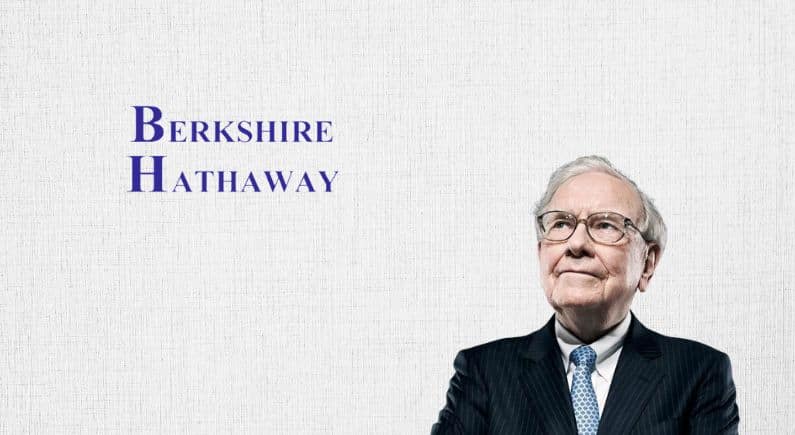Gunning for the soul of the tune: The wild west of music and AI

Concerns continue to arise amidst musicians as artificial intelligence encroaches on creative expression and potential infringement on their identity.
Rising concerns amongst various musicians
Embedded within most talented vocalists lies their intrinsic ability to craft poignant music. In the realm of country music, a premium is placed on artists who not only possess vocal prowess but also write their own chart-topping hits. Therefore, for some country stars, the notion of artificial intelligence permeating the music industry appears implausible.
“I would struggle to think something that couldn’t feel could really write a song, to make somebody else feel,” shared musician Riley Green, addressing the perceived threat of AI at the ACM Awards.
“I mean, the world’s always going to change. Anything’s going to happen. Nothing’s worth freaking out over, I think is the main thing. … Real country writers, I think, are going to be around forever,” affirmed singer Nate Smith.
Various artists have expressed concerns regarding the involvement of artificial intelligence in the music industry.

Tracy Lawrence, for instance, shared his apprehensions about AI, stating, “I don’t really know. I played around with … a little bit of the AI stuff. It’s a little scary that it’s kind of out there in the Wild West. I’d like to see some more regulations on it.”
Mitch Glazier, chairman and CEO of the Recording Industry Association of America (RIAA), emphasises the need for regulation. He explains how the RIAA takes action through takedown notices and cease-and-desist letters to remove artificially created music that infringes on artists’ rights.
Glazier affirms, “We also have been looking at and are considering any litigation that’s necessary to protect the rights of our artists. So, very, very rapid response, as you can imagine. What fans really want is real music.”
Tracy Lawrence echoes concerns about the potential consequences of mixing music and AI, expressing hope for protective measures. He believes that songwriters should have the freedom to create music from their own minds, without AI’s assistance. Lawrence adds, “There’s a lot of things we can use it for that probably, we really shouldn’t, so we’ll see how it turns out.”
Glazier acknowledges the deep connection artists have with their work and the violation they feel when their art is manipulated. He describes it as a personal and objectionable act, stating, “Having your name and your likeness and your image and your voice appropriated is an incredibly scary and vulnerable act that I think that [artists] take very personally.”
This notion of artists feeling violated when their art is manipulated and their identity appropriated resonates strongly with a previous discussion from the legendary likes of Tom Hanks and Sting, that gained the world’s attention.
Despite the concerns, Glazier acknowledges the benefits of AI in the music industry. It can enhance productivity, push artistic expression boundaries, provide valuable insights, and aid in rights management. He highlights the industry’s excitement in embracing this technology while ensuring the protection of artists’ rights.
Tyler Hubbard, a musician, acknowledges the dual nature of AI, describing it as both “pretty awesome” and “pretty crazy and scary.”
In the evolving landscape of technology, music and AI, artists and industry leaders grapple with the potential of AI, recognizing its advantages while seeking to safeguard artistic integrity.
Join us in S?o Paulo, Brazil, this June
Organised by SiGMA Group, the AIBC Americas Summit will delve into the emerging technologies of AI, blockchain, crypto, and more. Explore in-depth discussions on the latest developments in these industries, including regulations, trends, and future prospects. Connect with influential stakeholders from the Americas and around the world, and gain invaluable insights into the rapidly evolving landscape of technology.






